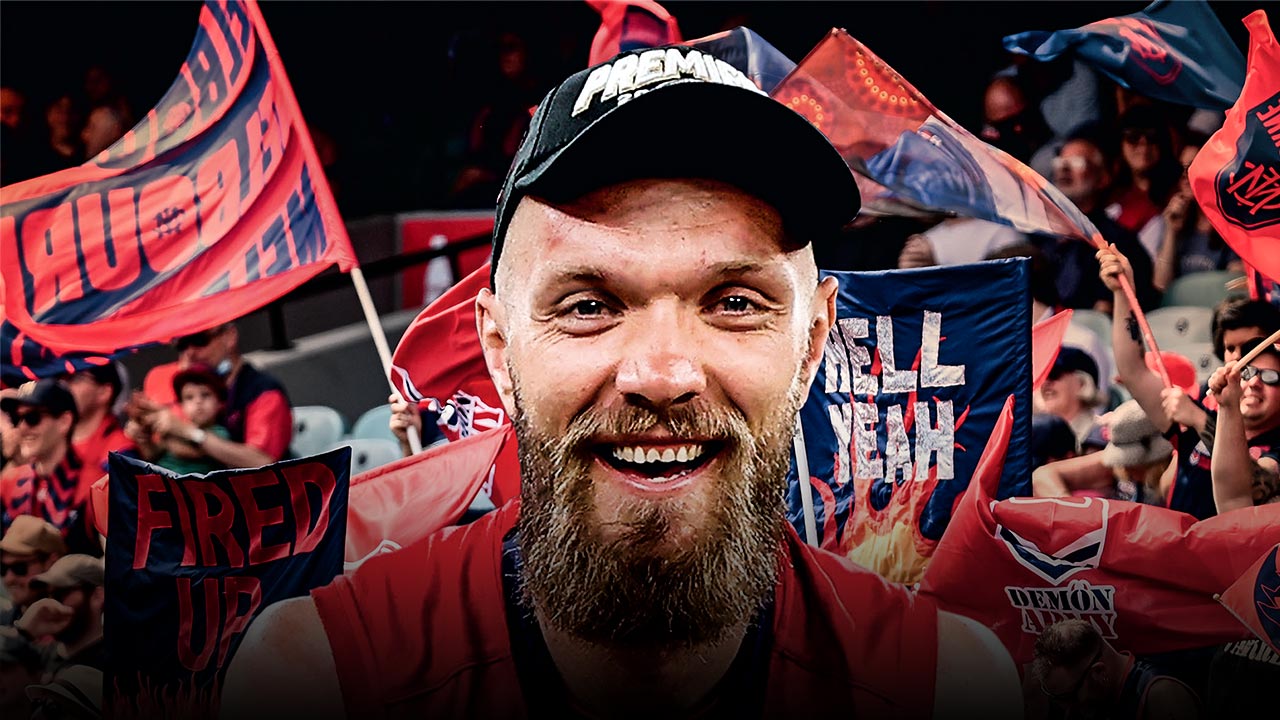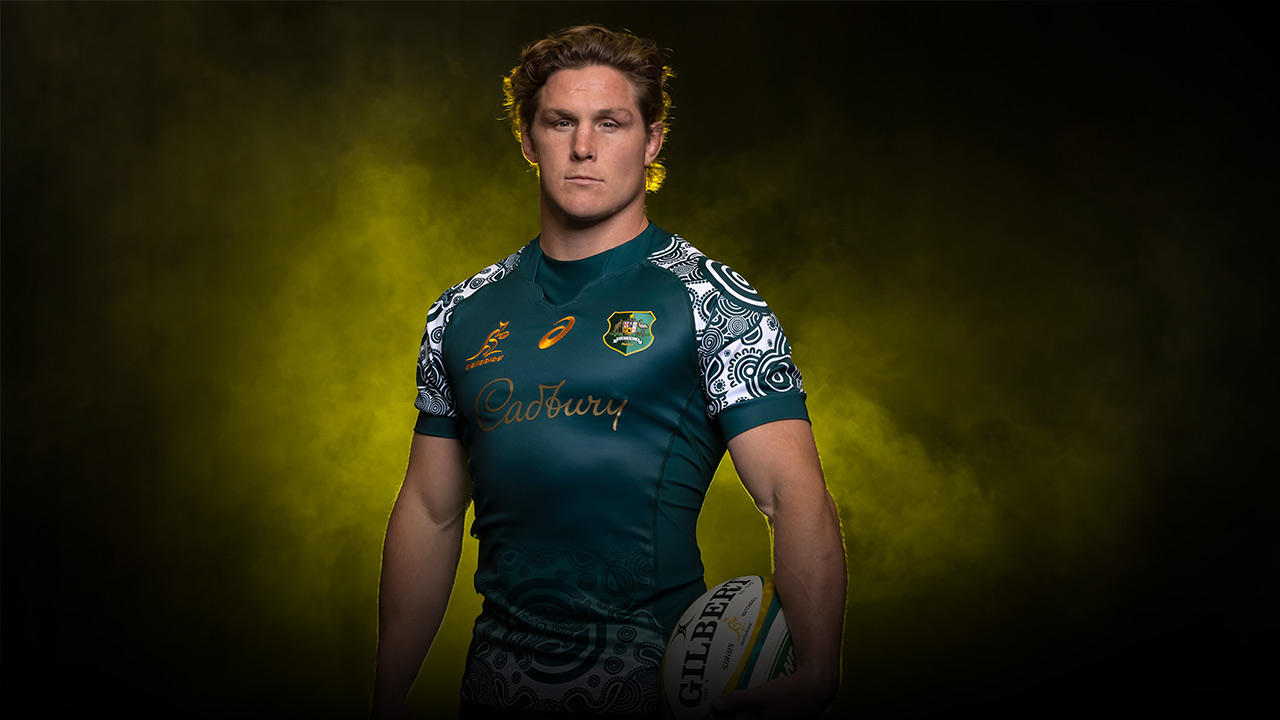I was fortunate to experience the IPL as a player and more recently as an assistant coach with the Mumbai Indians. I’ve learned a lot under our head coaches Ricky Ponting and Mahela Jayawardene. They’re both incredible leaders.
In my first season under Ricky, we lost our first four games and five of our first six. It was a shocking start. We got to a point where we pretty much needed to win every game. And we did. With Ricky steering the ship, we won one game, then the next one, then on and on until we lifted the trophy, all under the intensity and pressure that comes with representing a city of 20 million people.
What I loved about Rick was the confidence and the clarity he had in communicating with the guys. It was very consistent, even when things looked bleak. I believe this is what we’re going to do. We’re going to play our cricket forever positively. The guys loved his directness and honesty.
It’s not easy going into those competitions dealing with big name players from all over the world. Rick managed them all evenly and fairly and I really admired that. Mahela is the same. They have the ability to inspire and relate. It’s something I’m trying to bring in to my coaching.
I also loved it when Rick got shitty.
I would always sit in the seat next to him at the ground. Every now and again he’d kick the shit out of the chilly bin – or the esky, as you guys call it – and I’d almost jump out of my seat! He’d be swearing and going mad. I’d be like, ‘Jesus, mate! Settle!’ He’s achieved everything there is in the game, yet the competitive fire still very much burns within him. His passion is infectious.
It’s different coming to the Big Bash and seeing Ricky sweating his arse off in his suit doing his pre-game crosses to the commentary box! He’s a bloody good commentator, though. It’ll be fantastic having a chat with him again this summer.

THUNDER FORECAST
After eight years as an assistant, I feel ready to take on a head coaching role.
And I feel very fortunate to be working for Lee Germon, the GM at the Thunder. He was my first-ever captain in first class cricket and we overlapped for a while at Canterbury – Lee as chief executive and me as a board member.
Lee did great things in that role, not least through the devastating earthquake that rocked Christchurch, ruined Lancaster Park and the QE II Park and left Canterbury cricket in limbo for quite a few years. Lee and a few other people made the big push to establish Hagley Oval as a ground that could host international cricket. They’ve done a brilliant job. It’s a sensational ground.
A coach must have a vision for a team and, ideally, the GM’s support and buy-in to deliver it. That’s what I’ve found so far at the Thunder. Lee and I want the Thunder to be the best club in Australia. Everyone here does.
I got to experience the real world for a while, lived a cricket dream and developed a passion for coaching which I’ve managed to turn into a career
There are three main objectives I want to achieve during my time here: to make the players better, to push the envelope in terms of technology and to establish connections with grade clubs in our area that will open pathways for players and coaches in the future.
The first goal is self-explanatory: we have an excellent squad of players and it’s my job to make them better. I don’t want to spend these next two months hoping they play well, hoping they play aggressive cricket, hoping we win. It’s a long enough period to make a difference. If players think, ‘If I go to the Thunder, I’ll become a better player,’ we become a more attractive option in terms of recruitment.
We also want to create excitement in terms of technology and analysis. We’ll be utilising a piece of software called Gameplan. When the players turn up, they’re going to be given an iPad. Their analysis, administration, everything will work through that. Video will be up on their iPads before they leave the ground. They’ll be able to review and analyse all the footage relevant to them.
When you have a competition with a salary cap, there’s very little between the teams over 14 games. We’re looking for a point of difference – the one-percenter that might win you a game or two and propel you into the semi-final. New Zealand are using this technology and we’re tweaking it around what we want to do here with the Thunder. We want people chasing us in this space.
Finally, I’m passionate about linking the Thunder with our grassroots in western Sydney.
I followed Paddy Upton here and I think there can sometimes be a bit of suspicion when you’ve got a foreigner come in, especially when it’s been back-to-back. We want to open doors to all the grade coaches and players in the region.
For me, it’s important to show grade clubs that we’re not protective of what we’re doing at the Thunder. If coaches want to come and see what we’re doing, throw some balls at the batters, offer some feedback, see how we’re going, talk to our boys, learn off our coaches, that’s great. And if they take some of the stuff we’re doing back to their clubs, all the better.
We had 40 or 50 coaches and have a chat with Joanne Broadbent and I at a coaching workshop we put on. We had another chat separate to that with about 20-odd coaches.
Whoever wanted to come was welcome.
With any luck, future Thunder coaches will be drawn from within the system.
EVOLUTION
The thing I love most about Twenty20 cricket are the possibilities this form of the game has opened up. In cricket, we can be a bit guilty of getting caught up in our traditions. T20 really challenges us in that regard.
New shots. New deliveries. New tactics. It’s always evolving.
I’ve loved picking the brains of the Jimmy Andersons, Stuart Broads, Jasprit Bumrahs and Harbhajan Singhs of the world. I can’t wait to do more of the same with Joe Root, Watto, Fawad Ahmed and the guys this time around.
More about: Big Bash League | Coaching | IPL | Leadership | New Zealand | Ricky Ponting | Sydney Thunder | T20





 Load More
Load More